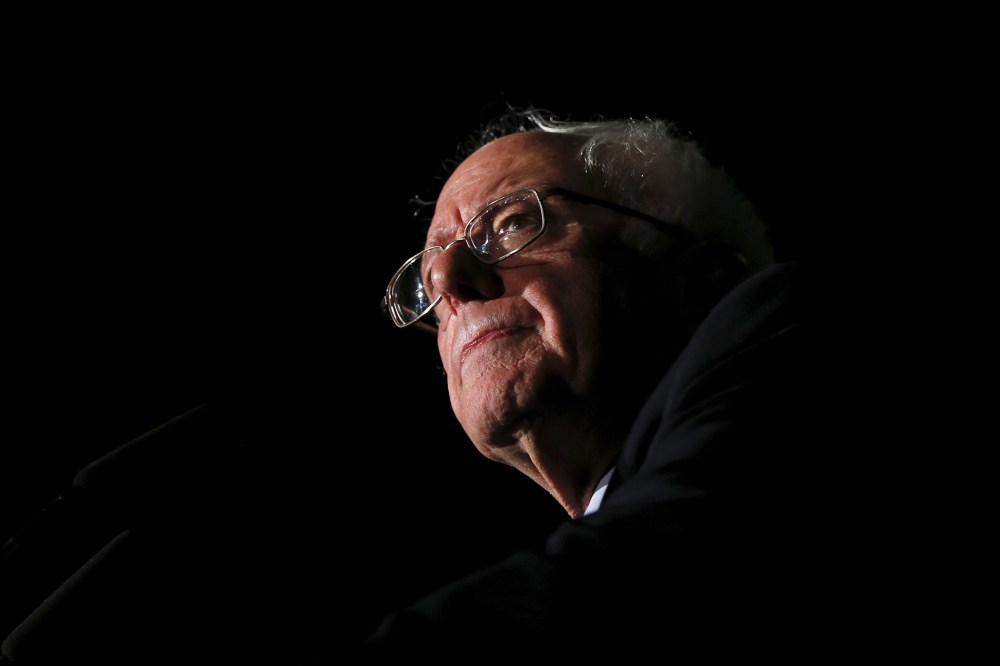ORLANDO, Fla. — Alejandra Chacon’s family had heard promises of a “political revolution” before, but they weren’t willing to stick around long enough to see how it played out.
They bolted from Venezuela when Alejandra was a young girl. And like many other Venezuelans who relocated to Florida, along with their Cuban-American neighbors, hearing a U.S. presidential candidate press for revolutionary change conjures uncomfortable memories of the conditions they once fled.
If under any other circumstance Chacon’s family would be drawn to Bernie Sanders’ message, for now, they’re taking a pause.
“It’s hard for us. We’re coming from a country where people are running away from socialism, and then for it to be here?” Chacon, 22, said.
Over dinner, in coffee shops and around the community, Chacon says the topic of Sanders’ political leanings comes up frequently with her family and others members of the growing Venezuelan community in central Florida. If this presidential election cycle has taught them anything, it’s the difficulty of overcoming a deeply personal association with a message of “revolution” coming from a self-described Democratic socialist.
“I understand that it’s a different kind of politics,” Chacon said. “I don’t think Bernie would actually change the entire country to socialism. But we talk about it a lot.”
For decades Florida has been a haven for exiles who fled the communist regime led by the Castro brothers in Cuba. In recent years a steady population of Venezuelans has resettled here too, escaping the fallout from the late socialist President Hugo Chavez, who came into power in 1999.
Their past experiences, coupled with an unfamiliarity with Sanders’ candidacy, poses obstacles in the Vermont senator’s ability to engage a crucial swing state’s burgeoning Hispanic population. Hillary Clinton is building on a well-known and well-received brand. In many ways, Sanders is starting at zero.
The question of his brand of socialism, and the underlying question of his electability, has been raised repeatedly over the last several months. Confronted with making the distinction during a town hall hosted by MSNBC in Nevada, Sanders was readily game to describe why Hispanic families should not be fearful of his policies.
“When I talk about Democratic socialist, I’m not looking at Venezuela. I’m not looking at Cuba. I’m looking at countries like Denmark and Sweden,” Sanders said. “And you know what goes on in those countries? All of the kids who have the ability and desire go to college. And you know how much it costs? It is free.”
He was pressed anew last week during a debate hosted by Univision, where moderators unearthed a 30-year-old clip showing Sanders praising Cuban dictator Fidel Castro. Standing before a heavily Hispanic crowd in Miami, a stronghold of Cuban-Americans, Sanders had to walk a fine line — standing by his previous comments while explaining how he had applauded Cuba’s universal health care and educational systems.











